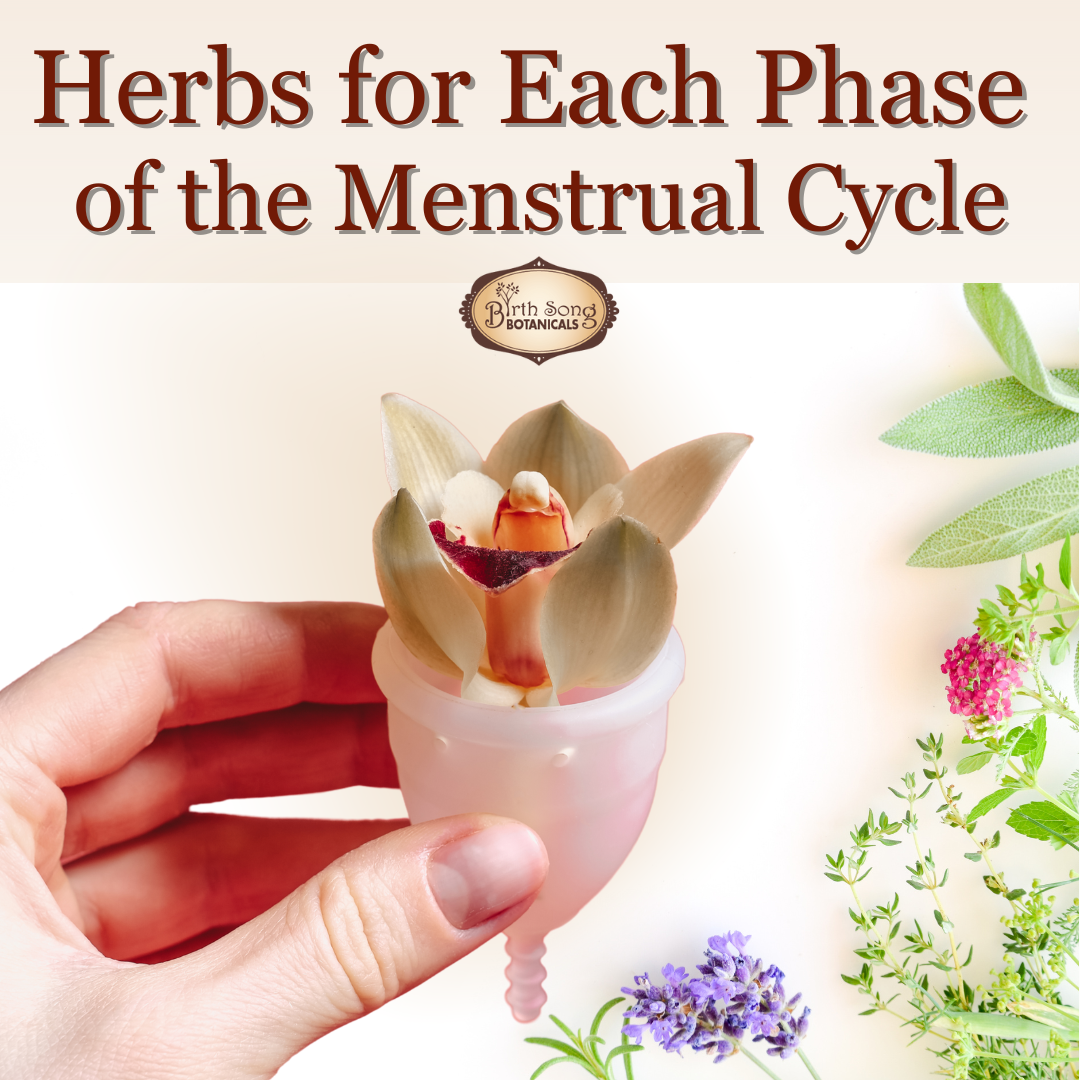Shatavari: Naturally Revives Breastfeeding Libido

Breastfeeding is a beautiful and essential part of nurturing a newborn, providing vital nutrients and fostering a deep bond between mother and child. However, it can also be challenging, and many mothers seek natural ways to enrich their sensuality and while honoring thier breastfeeding journey. One such powerful herb is Shatavari, a traditional remedy revered in Ayurvedic medicine for its numerous benefits, especially for lactating mothers to help revive breastfeeding libido.
When a woman's libido is revived, she often experiences a renewed sense of vitality and well-being. This resurgence can bring about a feeling of reconnection with her own body and a deeper intimacy with her partner. The restoration of sexual desire can also boost self-confidence and enhance overall mood, leading to a greater sense of joy and fulfillment in daily life. This renewed energy and zest for life can positively impact various aspects of her relationships and personal endeavors, making her feel more vibrant and empowered.
What is Shatavari Root?
Shatavari (Asparagus racemosus) is a plant native to India and a cornerstone of Ayurvedic medicine. Its name translates to "she who possesses a hundred husbands," symbolizing its reputed ability to enhance fertility and vitality. The roots of the Shatavari plant are used to create various herbal formulations aimed at supporting women's health.

Benefits of Shatavari for Breastfeeding Mothers
- Promotes Lactation
Shatavari is renowned for its galactagogue properties, which means it can help increase milk production in breastfeeding mothers. The herb contains phytoestrogens that mimic the hormone estrogen, stimulating the mammary glands and enhancing milk supply. This can be especially beneficial for mothers struggling with low milk production or those who want to ensure an adequate supply for their baby.
- Nourishes and Rejuvenates
Shatavari is a highly nutritious herb, rich in essential vitamins and minerals such as folic acid, vitamin A, B-complex vitamins, and calcium. These nutrients are crucial for the overall health and well-being of both mother and baby. By incorporating Shatavari into their diet, breastfeeding mothers can replenish their nutrient stores and maintain their energy levels.
- Supports Hormonal Balance
Postpartum hormonal fluctuations can significantly impact a mother's emotional and physical well-being. Shatavari helps regulate hormone levels, alleviating common postpartum issues such as mood swings, anxiety, and fatigue. By promoting hormonal balance, Shatavari supports a smoother transition into motherhood.
- Enhances Immunity
The immune-boosting properties of Shatavari are beneficial for both mother and baby. Shatavari contains antioxidants that help protect the body from infections and diseases. A stronger immune system in breastfeeding mothers means better protection for their infants, who receive antibodies through breast milk.
- Aids Digestion
Digestive issues are common during the postpartum period, and Shatavari can help. It has been traditionally used to soothe the digestive system, reduce inflammation, and promote healthy digestion. This can be particularly helpful for mothers experiencing digestive discomfort after childbirth.
- Revives Breastfeeding Libido
The postpartum period and the demands of breastfeeding can sometimes impact a woman’s libido. Shatavari is known for its adaptogenic properties, which help reduce stress and balance hormones. By supporting the production of sex hormones and enhancing overall vitality, Shatavari can help revive libido in breastfeeding and postpartum women. The phytoestrogens in Shatavari mimic natural estrogen, promoting sexual health and desire, while its overall nourishing effect helps improve energy levels and well-being.

How to Incorporate Shatavari into Your Routine
Shatavari is available in various forms, including powder, capsules, and liquid extracts. Here are a few ways to include it in your daily routine:
- Shatavari Powder: Mix a teaspoon of Shatavari powder into a glass of warm milk or water. You can also add it to smoothies or herbal teas.
- Shatavari Capsules: Follow the dosage instructions on the packaging or consult with a healthcare provider for personalized advice.
- Shatavari Liquid Extract: Add the recommended number of drops to a small amount of water or juice.
Precautions and Considerations
While Shatavari is generally considered safe for most women, it’s important to consult with a healthcare professional before starting any new supplement, especially if you have allergies to asparagus or other related plants, or if you have any existing medical conditions. You can learn more about shatavari in the blog post.
Conclusion
Shatavari is a remarkable herb that offers a multitude of benefits for breastfeeding mothers. From enhancing milk production to supporting hormonal balance, boosting immunity, aiding digestion, and even reviving libido, it serves as a natural ally in the journey of motherhood. By incorporating Shatavari into their routine, mothers can nurture themselves and their babies with the power of nature.
I sincerely hope this post supports your empowered breastfeeding journey!
Hugs and remember to let your love and your milk flow!
Maria
🌿
🌿Want More?!? Check These Out! 🌿
Breastfeeding Immediately After Birth
7 Tips for Breastfeeding Success
The Ultimate Breastfeeding Guide
Breastfeeding 101- Best Breastfeeding Practices
Four Healthy Habits to Start on Your Baby’s First Day
8 Things I Wish I Knew About Breastfeeding Before Giving Birth!
How to Treat Clogged Milk Ducts and Prevent Mastitis.
Why Do I Have a Low Milk Supply?
How to Increase Your Breastmilk Supply Quickly
Treating Nipple Thrush Naturally
How to Heal Sore Nipples from Breastfeeding
How to Achieve A Proper Breastfeeding Latch
Herbs To Avoid While Breastfeeding
Benefits of Fenugreek for Breastfeeding
Safe Herbs for Breastfeeding With A Cold
Breastfeeding While Sick
The First Few Weeks of Breastfeeding
Best Baby Carriers for Breastfeeding
Four Common Breastfeeding Problems and Solutions
Three Lactation Problems and How to Solve Them
Three Breastfeeding Tips for New Moms
How to Include Your Partner While Breastfeeding
How Often Should I Breastfeed?
How to Wake a Sleepy Newborn to Breastfeed
Is My Baby Getting Enough Milk?
Normal Weight Gain for Breastfed Babies
4 Signs Your Baby is Having a Growth Spurt
Breastfeeding A Baby with Tongue or Lip Tie
Breastfeeding After a Cesarean Section
Breastfeeding in Special Circumstances
Breastfeeding with Flat or Inverted Nipples
Breastfeeding a Pre-Term Baby
Tandem Breastfeeding
Breastfeeding Twins
Do I Need A Breast Pump?
Pumping Breast Milk to Return to Work
Breastfeeding Nutrition
Healthy Snacks for Breastfeeding
How to Know If You’re Dehydrated While Nursing
Breastfeeding Boosts Babies' Immune Systems and Prevents Illness
Breastfeeding Saves Sleep
Safe Co Sleeping with Your Baby
Tips for Breastfeeding While Pregnant
Breastfeeding in Public
Breastfeeding and Sex
Breastfeeding and Birth Control
The Relationship Between Breastfeeding and Menstruation
When Will My Menstrual Cycle Return After Having a Baby
Five Benefits to Extended Breastfeeding
How Breastfeeding Changes As Baby Grows
Five Reasons to Breastfeed Your Baby After Six Months
Weaning Gently and Intuitively
Is CBD Oil Safe for Breastfeeding and Lactation?
Can I Drink Alcohol and Breastfeed?
How My Breastfeeding Failure Was My Biggest Win
Common Holiday Breastfeeding Issues and How to Prevent Them!
Re-Lactation and Induced Lactation: Breastfeeding After a Break or When You Never Have
Remember to:
Like our Birth Song Botanicals Facebook Page
Follow Birth Song Botanicals Co. on Instagram
Read our Birth Song Botanicals Blog
Watch Birth Song Botanicals on Youtube
Listen to Birth Song Botanicals on SoundCloud
Be inspired by Birth Song Botanicals on Pinterest





